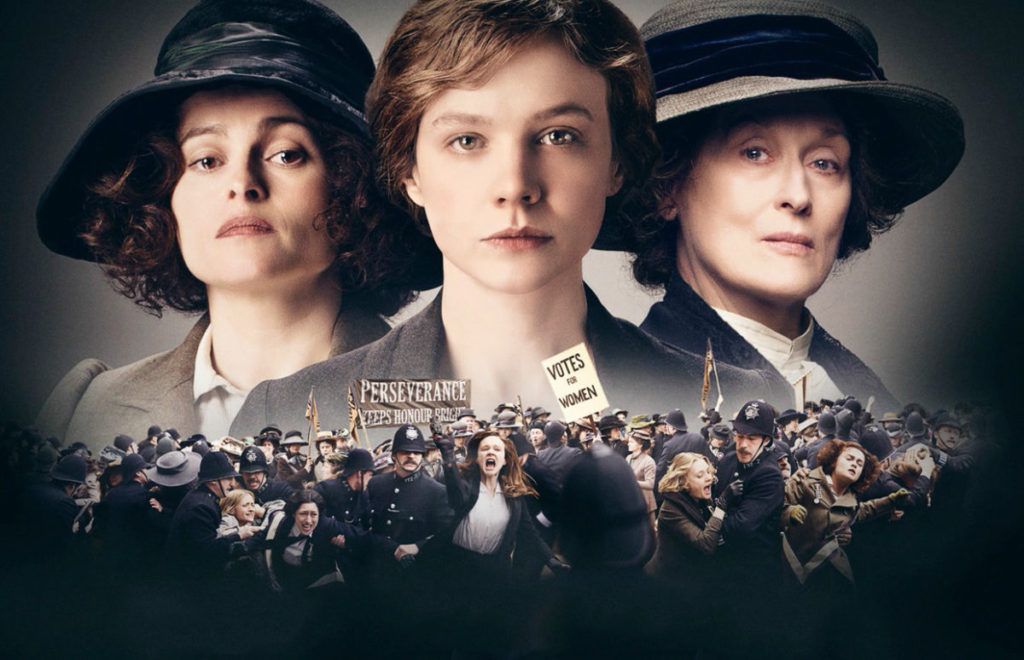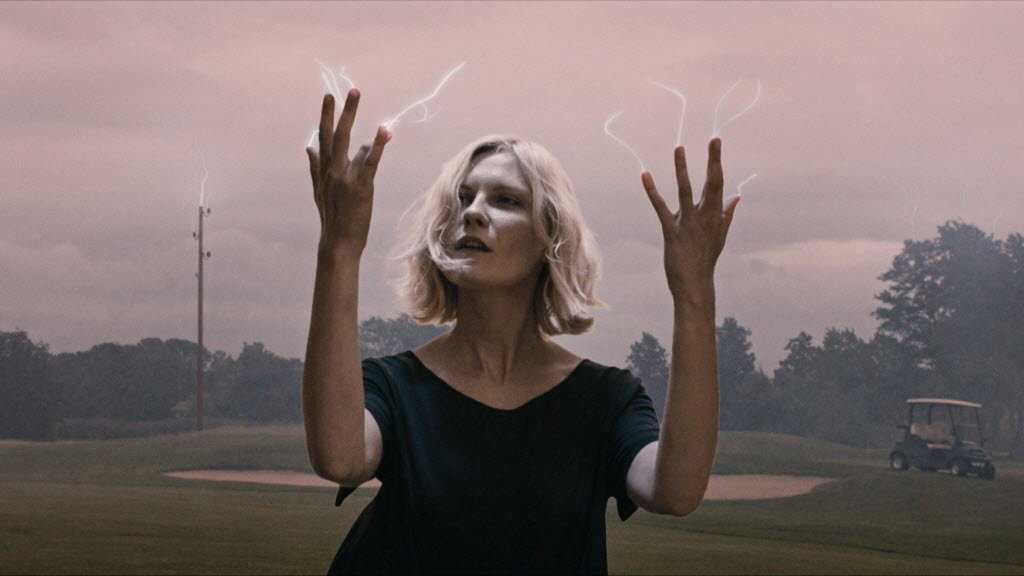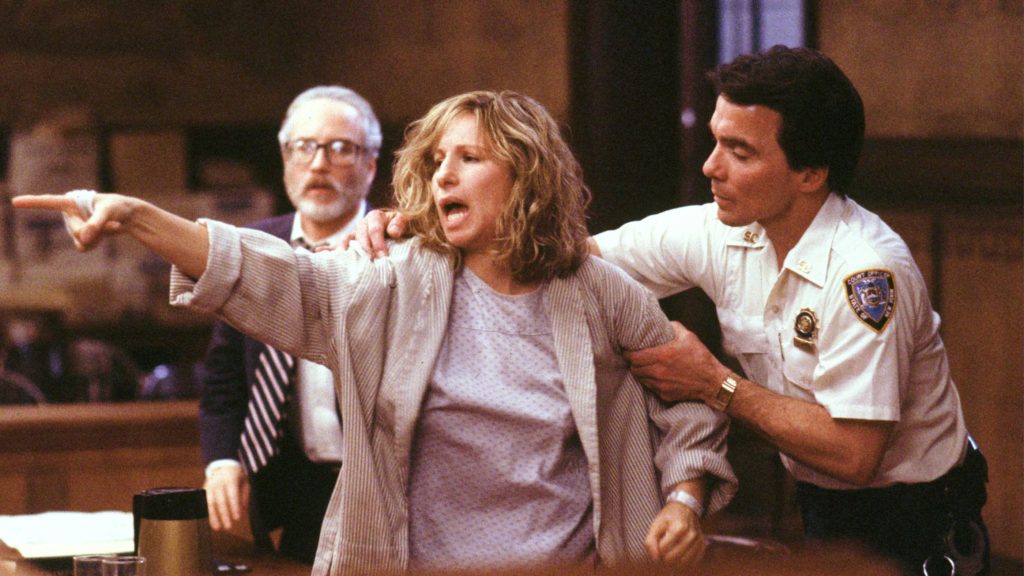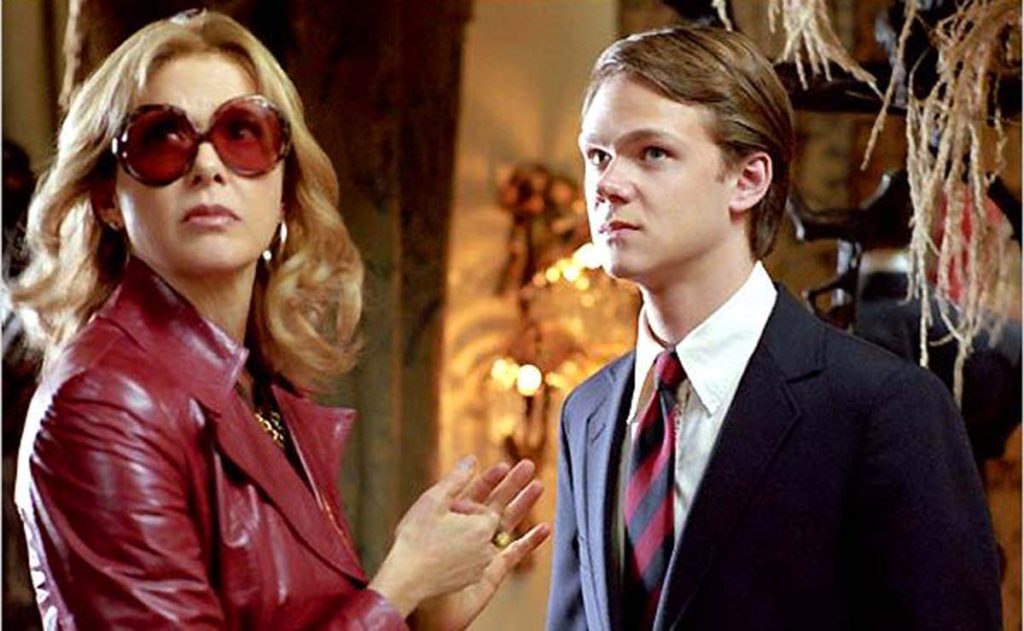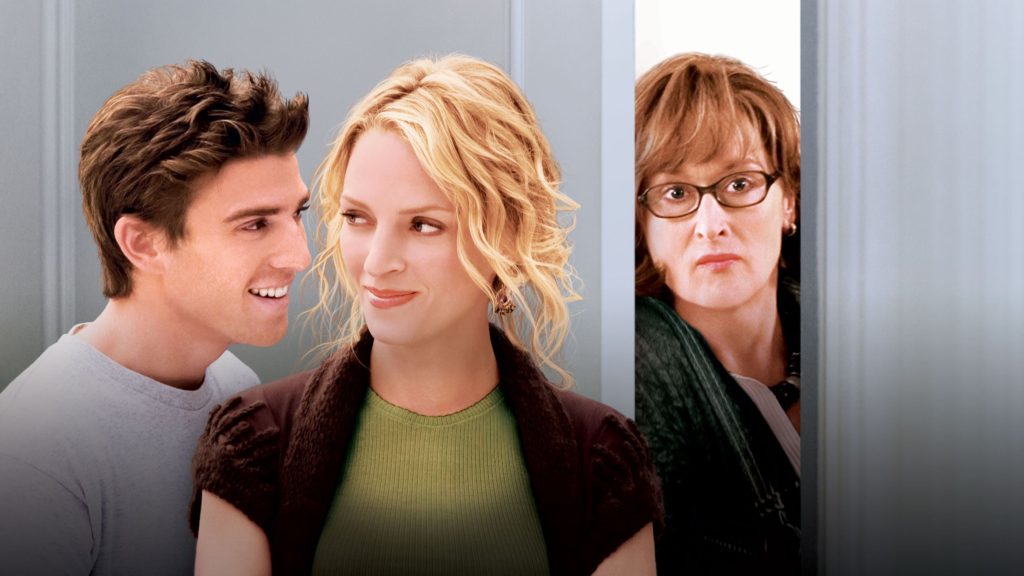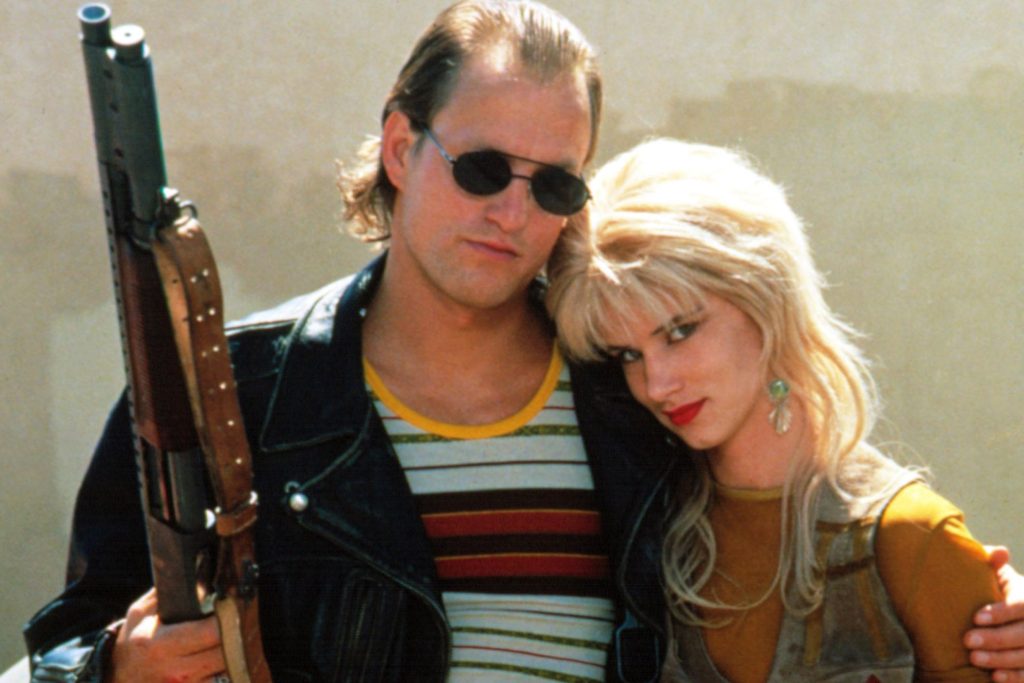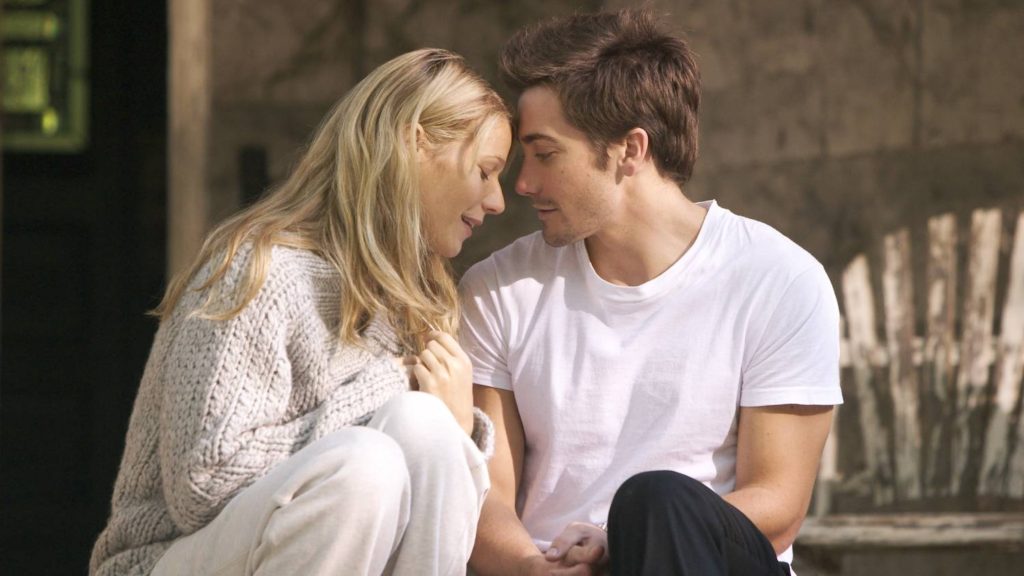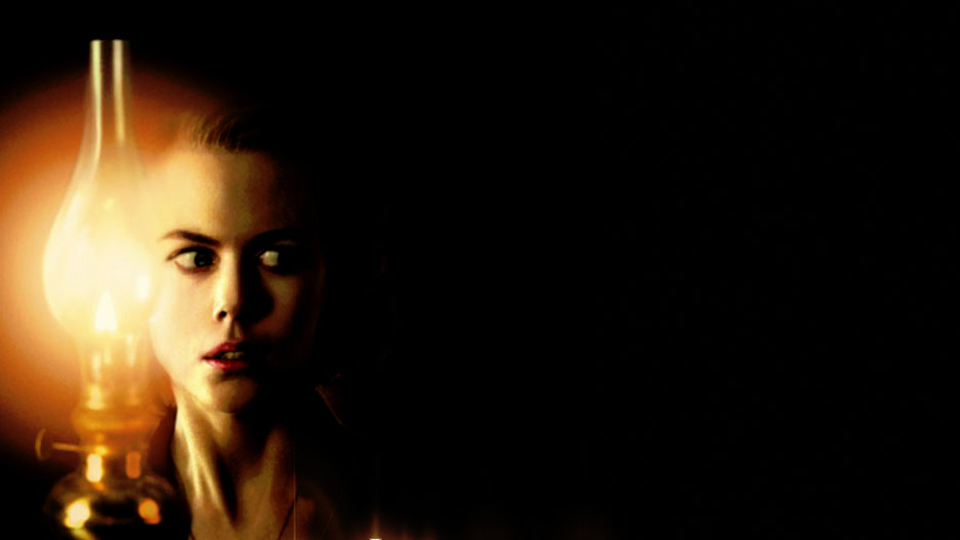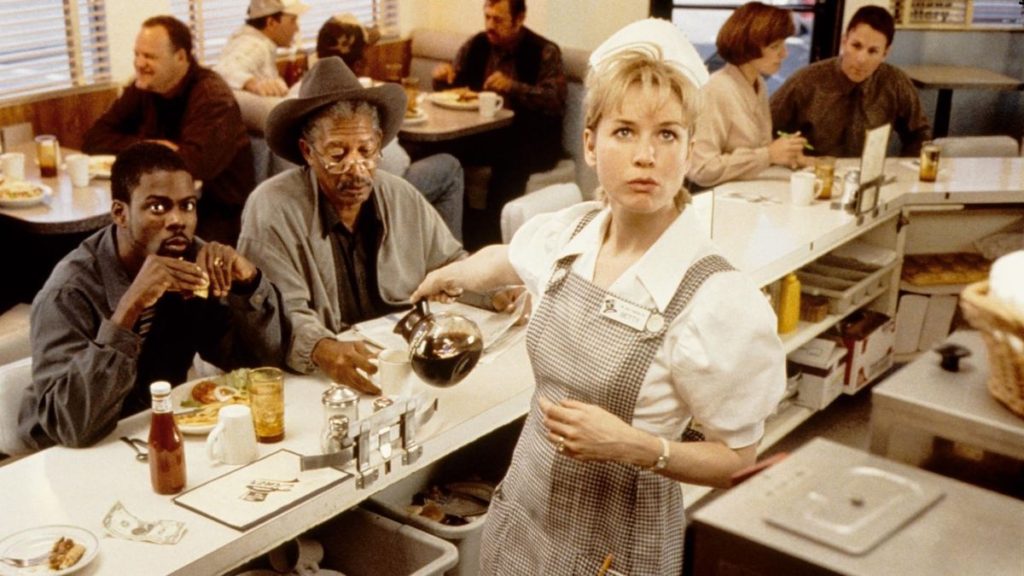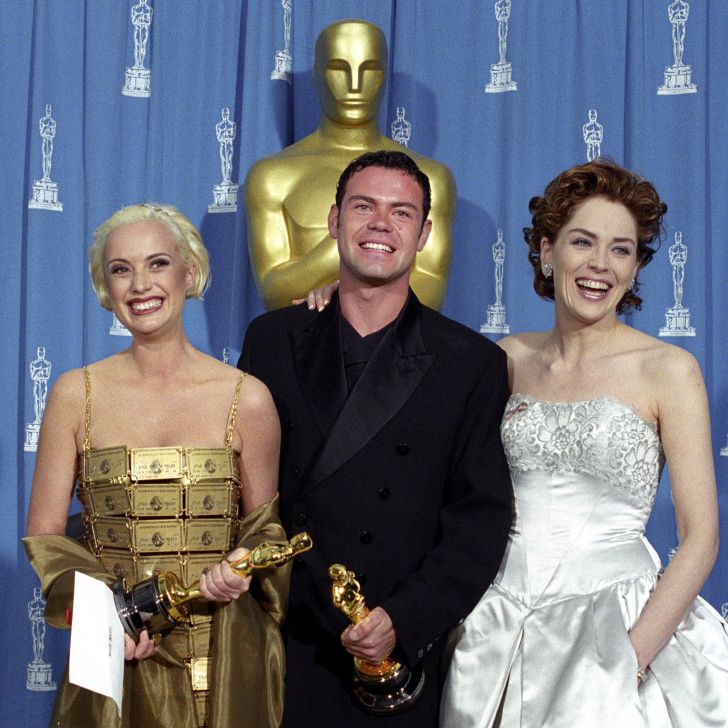
Happy New Year, listeners! To close out 2020, we’ve compiled all of your questions for this special mailbag episode! We kick things off by surveying the state of the current, pandemic-delayed Oscar race including First Cow’s win with New York critics. the New York Times’ 25 Greatest Actors of the 21st Century list, and how the sparse release calendar might affect the potential This Had Oscar Buzz Class of 2020. With Oscar history, we look back at Elia Kazan’s lifetime achievement award, the upcoming Academy museum, and the ripple effects of certain Best Actress races. We also discuss such THOB staples as Flora Plum and TIFF, decide which of the Four Realms we would be, and fancast our future blockbuster heist film starring actresses of a certain age titled Who Doesn’t Like Money?. Thank you listeners for all of your brilliant questions for the episode and all of your support in the past year!!
Follow Us on Twitter!
@Had_Oscar_Buzz
Joe: @joereid
Chris: @chrisvfeil
Podcast: Play in new window | Download
Subscribe: Google Podcasts | RSS

